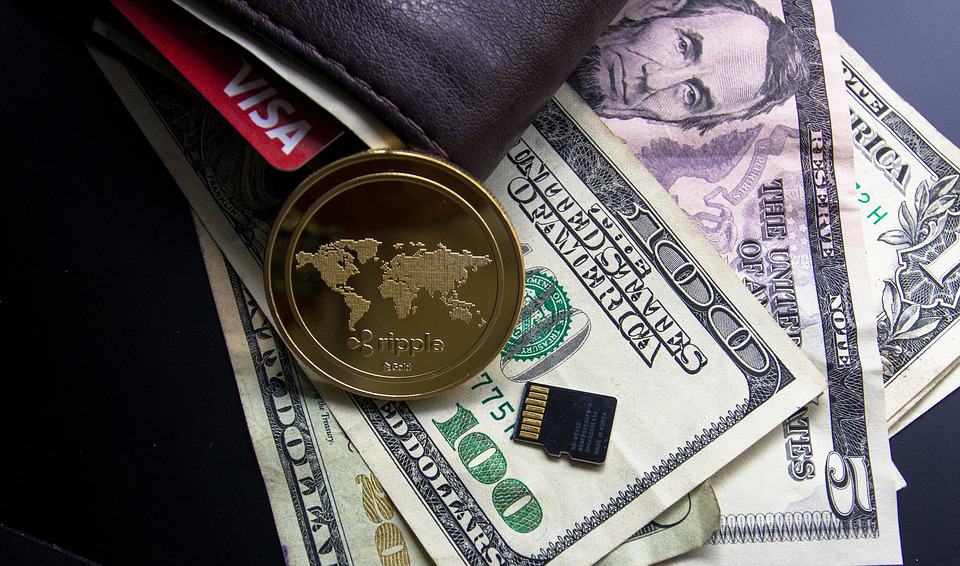You’ve probably heard a lot about cryptocurrency lately. More and more people are investing in cryptocurrencies, and they have many questions about them. If you want to learn more before putting your money into cryptocurrency, you’re making a wise move.
After all, there are a number of investments that seem foolish but can make people rich. In terms of crypto, savvy investors have become incredibly rich from it, and many believe it’s the future of investing. Based on recent market trends, crypto is here to stay. It’s hard to argue with that, so we broke down several reasons why smart investors should grab a position in cryptocurrency before it’s too late.

33. Governments Don’t Back Cryptocurrency
Dollars are the national currency of the United States and the U.S. Treasury backs their value. The treasury keeps a certain amount of dollars in reserve to ensure that we use those every day to retain their value. Without the backing of the federal government, the dollar wouldn’t have the value it has.
Every national government that has its own currency backs it to ensure its value. The United Kingdom, which uses pounds, has a government that ensures those pounds retain their value. What makes cryptocurrency different is that a government does not back it. There is no reserve supply to ensure that it maintains a certain value. Furthermore, there are no centralized laws that regulate it.
